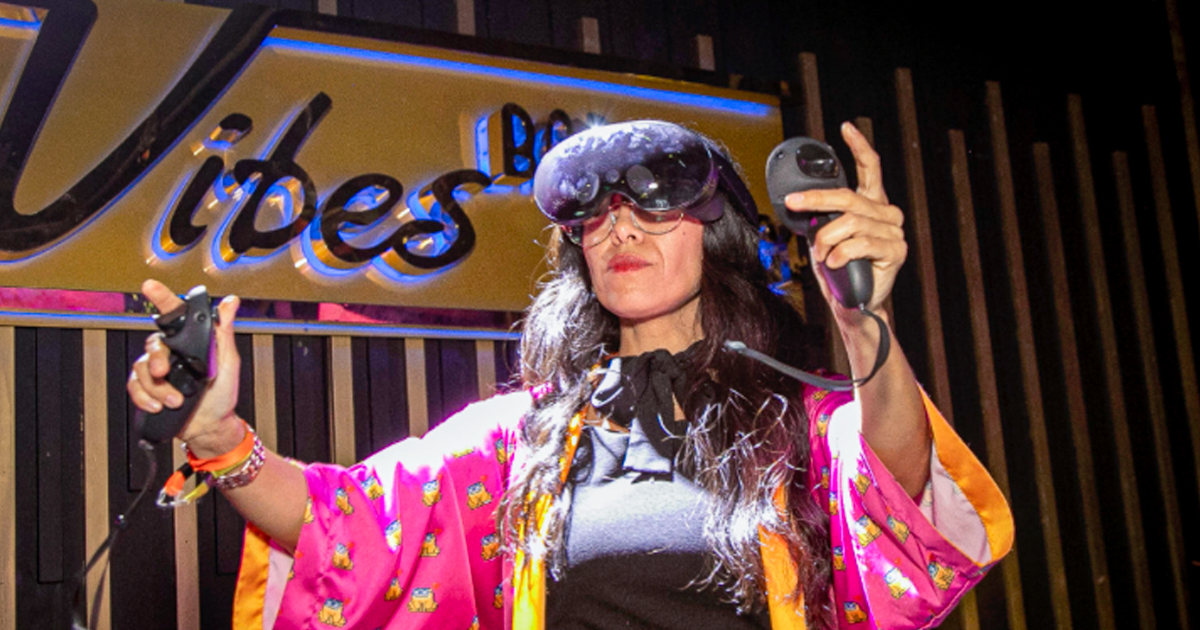The chief executive of Ørsted has vowed to “fight with everything I’ve got” to restore investor confidence in the world’s largest offshore wind developer after its decision to walk away from two key US projects triggered multibillion-dollar impairments.
Speaking to the Financial Times days after the company decided to cut up to 800 jobs, suspend its dividend and slash growth targets for renewables, Mads Nipper said he took “full accountability” for the Danish group’s woes. It was “for the board to decide” whether he was the right person to lead the company, he added.
The company’s former finance chief, Daniel Lerup, and chief operating officer Richard Hunter stepped down in November with immediate effect, while chair Thomas Thune Andersen will step down in March after almost a decade in the job, the company added last week.
The group recorded DKr28.4bn ($4bn) of impairments in November after saying it was stopping work on two projects off the New Jersey coast of the US.
Nipper, who joined Ørsted as chief executive at the start of 2021, said that while there had been “tough external circumstances”, the company had under his leadership made “some decisions which at the time seemed right to continue the developments, but with the knowledge we have now, were wrong”.
He added: “So I take full accountability that we have ended in this situation [ . . . ] Most importantly is what are we learning from it . . . we are taking appropriate actions to ensure we won’t get into a situation like that again.”
Ørsted’s problems come as rising interest rates and supply chain strains have pushed up costs across the offshore wind industry, threatening to slow down growth just as countries around the world set more stringent targets to decarbonise their economies.
Ørsted’s shares, listed in Copenhagen, have fallen more than 70 per cent since peaking at the start of 2021. They closed up 2.3 per cent to DKr398 on Monday, valuing the company, which is 50.1 per cent owned by the Danish state, at roughly DKr167bn.
Rising interest rates have a stark impact on offshore wind projects, which typically have high upfront costs.
Nipper warned that the sector’s growth would slow down “dramatically” unless the price that developers are paid for their electricity reflects the higher costs. Authorities in the US and the UK have recently increased the rates they are prepared to pay to support forthcoming projects.
“The fuel of renewable energy is capital,” Nipper said. “Financing £8.5bn — 25 basis points matter and 100 matter a whole lot more.
“For a company like ours — if interest rates go up by 3 per cent, that more than eliminates all the profit of a huge investment.”
Ørsted last week also said it would exit offshore markets in Norway, Spain and Portugal, and slow down its development of floating offshore wind.
That emerging technology involves positioning turbines on platforms rather than fixing them individually to the seabed, so they can be moved further out to sea where they can harness the greater wind speeds.
Nipper said he now believed floating wind would “advance slower than anticipated” due to high costs and technological challenges. “We still don’t have mature floating platform concepts,” he said. “I think there are quite a few indicators that, at least at scale, floating will be on a somewhat later time[frame].”
He said the company had “generally had positive feedback” on its new strategy adding, “by far the majority of investors seem to think it is the right one”.
But he continued: “We are also very aware that what matters is not the plan, it is the execution of the plan.”






























